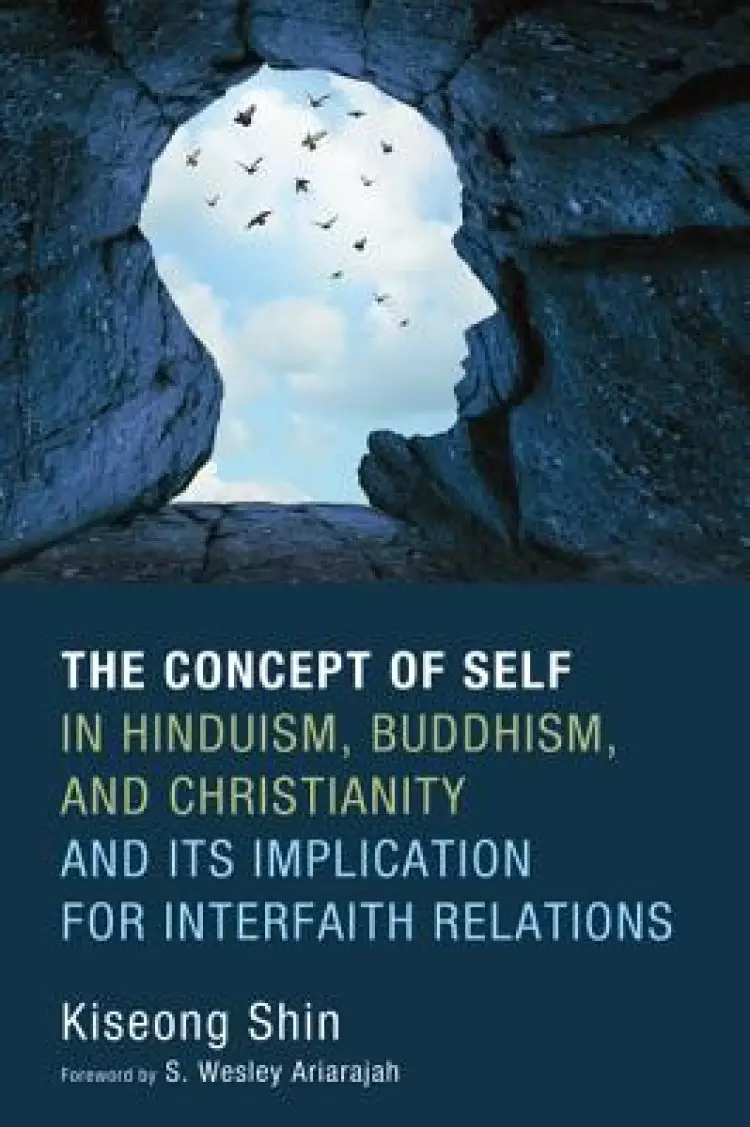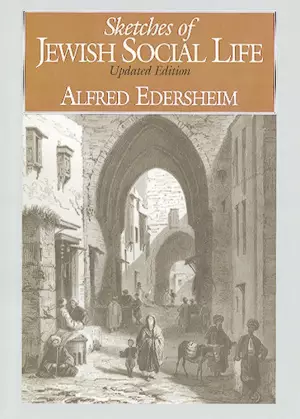Product Description
This is the first comparative study of the self and no-self in Hinduism, Buddhism, and Christianity. In spite of doctrinal differences within these three belief systems, they agree that human beings are in a predicament from which they need to be liberated. Indian religions, including Hinduism and Buddhism, share the belief that human nature is inherently perfectible, while the epistemological and psychological limitation of the human being is integral to Christian belief. Regarding the immortality of the human being, Hinduism and Christianity traditionally and generally agree that human beings, as atman or soul, possess intrinsic immortality. On the contrary, Buddhism teaches the doctrine of no-self (anatta). Further, in their quest to analyze the human predicament and attempt a way out of it, they employ different concepts, such as sin and salvation in Christianity, attachment (tanka) and enlightenment (nirvana) in Buddhism, and ignorance (avidya) and liberation (moksa) in Hinduism. This volume seeks to show that that behind these concepts are deep concerns related to human existence and its relationship with the whole creation. These common concerns can be a basis for a greater understanding and dialogue between Christians, Hindus, and Buddhists. ""Comparative theology shifts in this book from a dialogical (between two religious traditions) to a trialogical (Hindu-Buddhist-Christian) register. Shin here takes the logical and yet bold next step for adjudicating issues of theological-philosophical-anthropological import that demand attention in our continuously shrinking global village."" --Amos Yong, Professor of Theology and Mission, Fuller Seminary; author of


